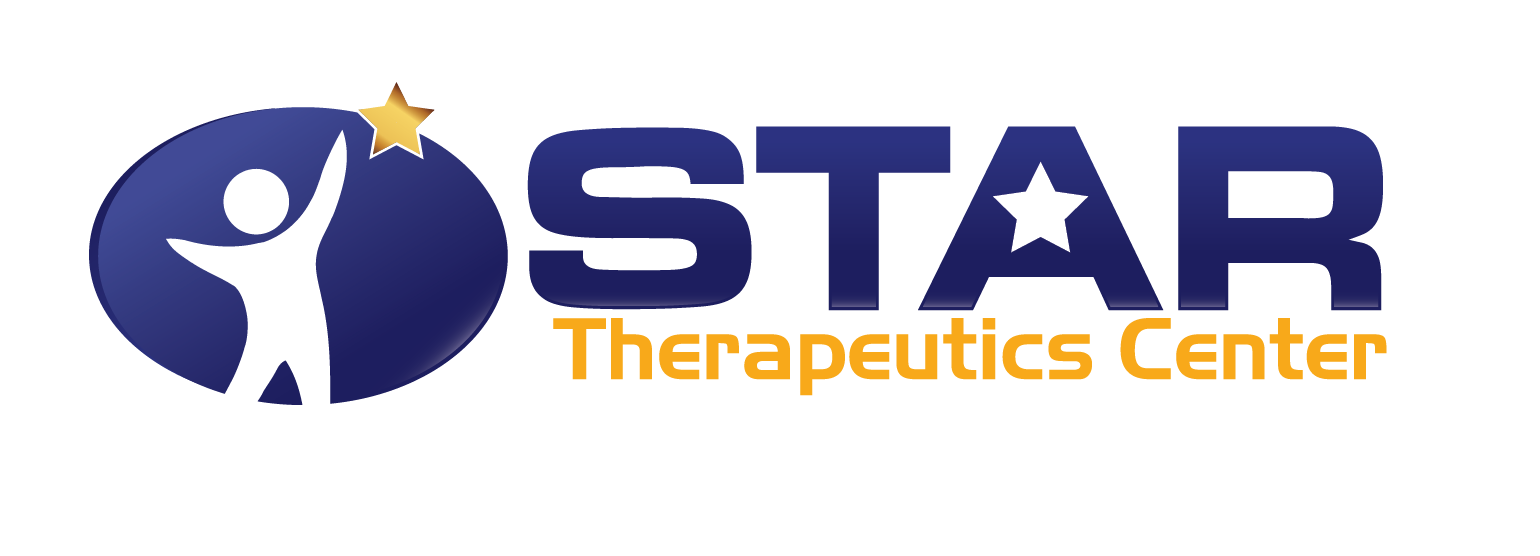Frequently Asked Questions
I suspect my child may have autism. What does this look like and what should I do to find out?
Autism, or autism spectrum disorder (ASD) is a condition that results in challenges with communicating verbally and non-verbally, relating to others and the world around them, and thinking and behaving flexibly.
Early signs for a baby or toddler may include difficulty in the following areas:
- Making eye contact, such as looking at you when being fed or smiling when being smiled at
- Responding to his or her name, or to the sound of a familiar voice
- Following objects visually or follow your gesture when you point things out
- Pointing or waving goodbye, or use other gestures to communicate
- Making noises to get your attention
- Initiating or responding to cuddling or reaching out to be picked up
- Imitating your movements and facial expressions
- Playing with other people or sharing interest and enjoyment
- Noticing or caring if you hurt yourself or are experiencing discomfort
The range of challenge varies greatly from person to person which is why it is called a spectrum disorder.
If you have concerns about your child’s development- don’t wait. Early intensive intervention is proven to improve outcomes significantly. Learning the signs, looking at your child’s developmental milestones and getting an evaluation to start treatment can make a tremendous difference.
It is important to note that not all concerns result in an autism diagnosis but being proactive is crucial. Bottom line is – you know your child best. If you are concerned SPEAK UP. Talk to your doctor and professionals in child development. Prepare for this conversation with specific concerns and examples. Note your child’s peers and what they are up to.
How common is autism and what causes it?
The Centers for Disease Control and Prevention (CDC) estimates autism’s prevalence as 1 in 59 children in the United States. This includes 1 in 37 boys and 1 in 151 girls.
Autism appears to have its roots in very early brain development, and the reasons why some children have autism and others do not are not well understood. We do know that there is no one single cause for autism. Research suggests that it can be a combination of genetic, nongenetic, or environmental influences. Research continues to be ongoing.
ABA is being recommended for my child. What is ABA and how does it compare to other treatments?
ABA is a set of principles that many behavioral treatments are based on. ABA is based on the science of learning and behavior. ABA is considered an evidence-based “best” practice treatment by the US Surgeon General and by the American Psychological Association. “Evidence based” means that ABA has passed scientific tests of its usefulness, quality, and effectiveness.
A good ABA program should be highly focused on functionality of skills and natural learning opportunities. Much learning goes on in natural environments such as in community settings. Learning that occurs should be motivating in nature and appeal to a client’s interests.
How can I find out if my insurance covers ABA and what do I need to access these services?
Many major commercial insurances now cover ABA for clients with an autism diagnosis. Call your insurance company to check if your specific plan has this coverage.
What do the initial steps of the process entail?
Once we have ensured your child’s benefits, an assessment will then be scheduled with one of our team’s experienced behavior analysts (BCBA). Your BCBA will then create a treatment plan uniquely tailored to the needs of your child.
What are the services that I will be getting for my child and family? Will I be learning skills to work with him/her as well?
Your team will be comprised of at least one paraprofessional and BCBA. Your paras will be providing the direct service of ABA and doing the bulk of the hours with your child.
Your team BCBA will be supervising your para on a weekly/bi- weekly basis to train him/her on the target skills. Your BCBA will also be meeting with you on a regular basis to discuss and train you how you can carry over these skills throughout the day during your daily routines.
How can I ensure that my child will still remain the child I love? Will getting ABA change who he is?
ABA is a method to increase socially significant behaviors in your child. Behaviors that are challenging to you and your family will be worked on with systematic strategies focused on reducing them. ABA works with what is reinforcing to your child to work on these target skills.
Therapy done right should be motivating and appealing to your child. At the same time, strengths that your child possesses will be maximized and encouraged and used as a means of addressing those skills that are more difficult for him/her as well.
